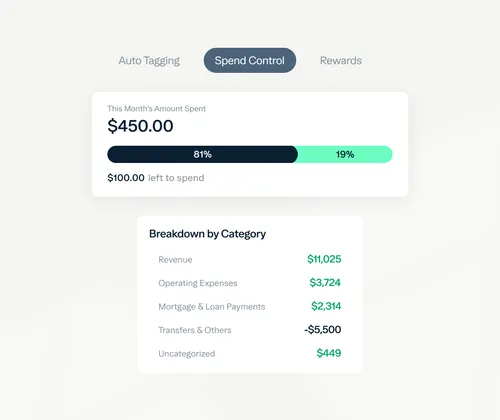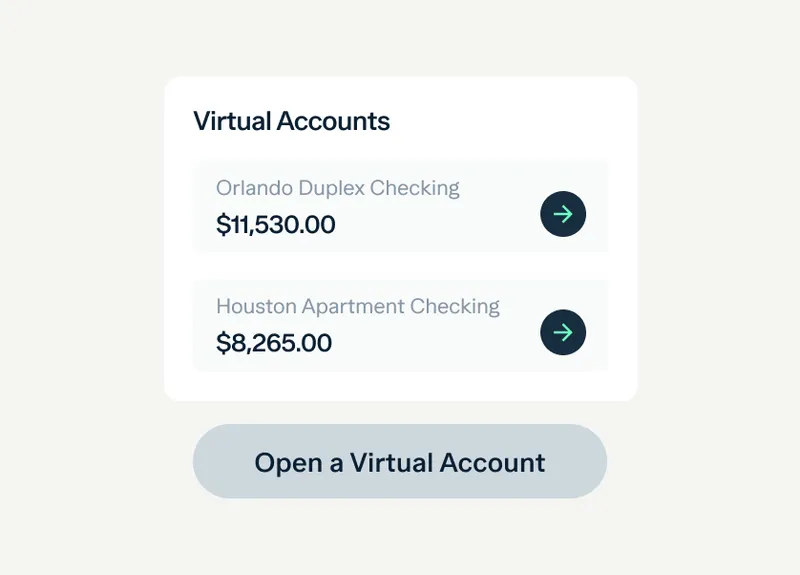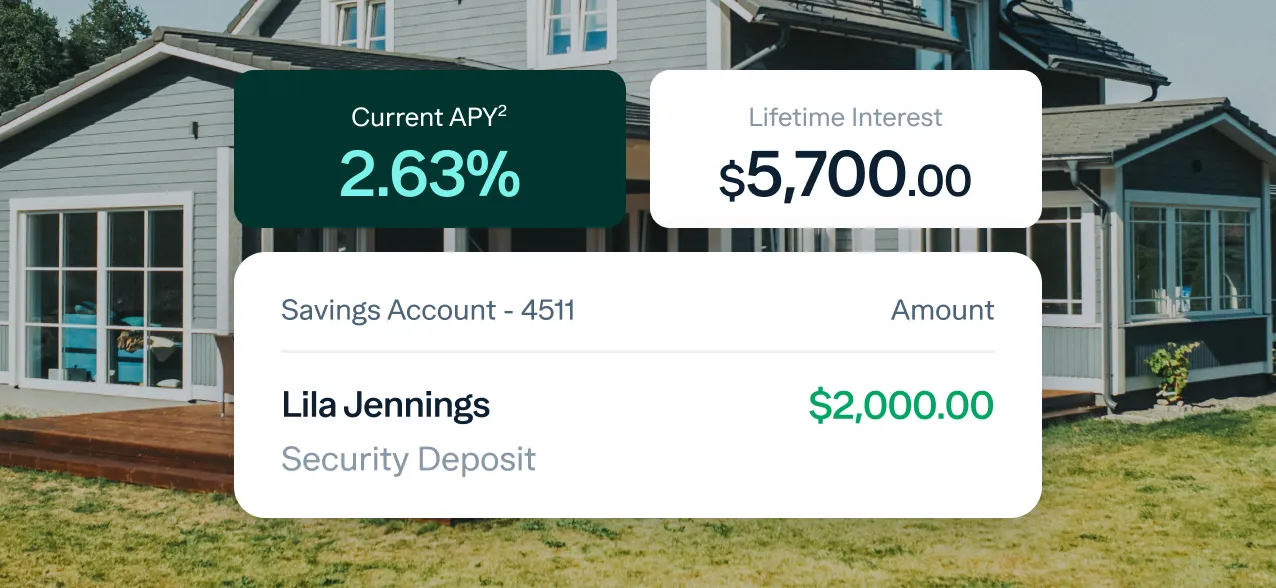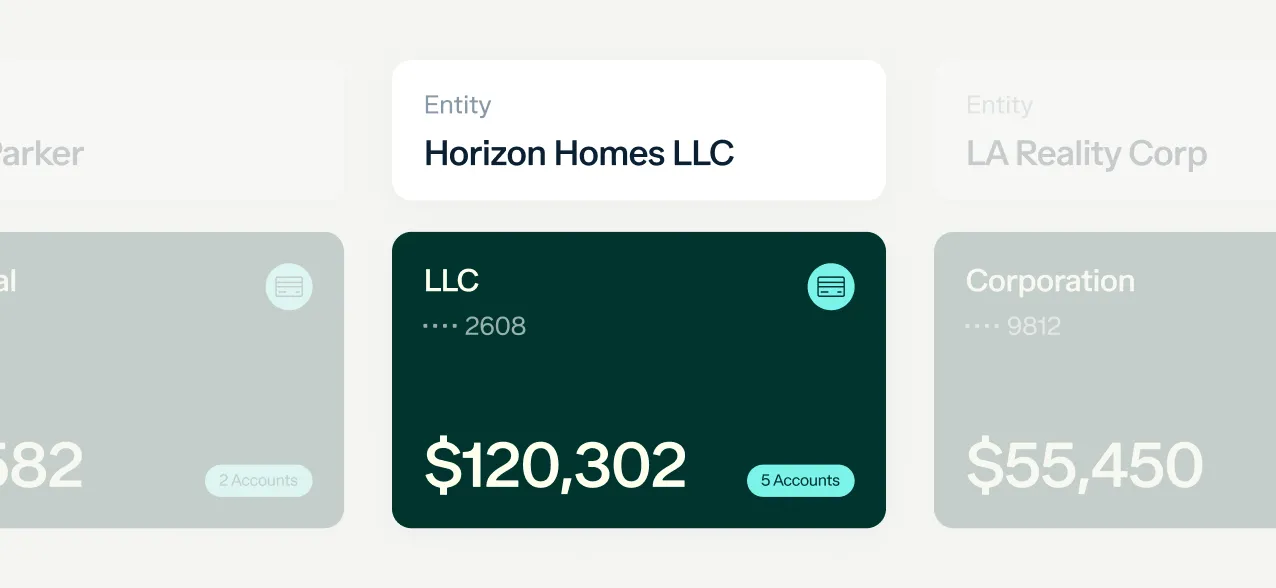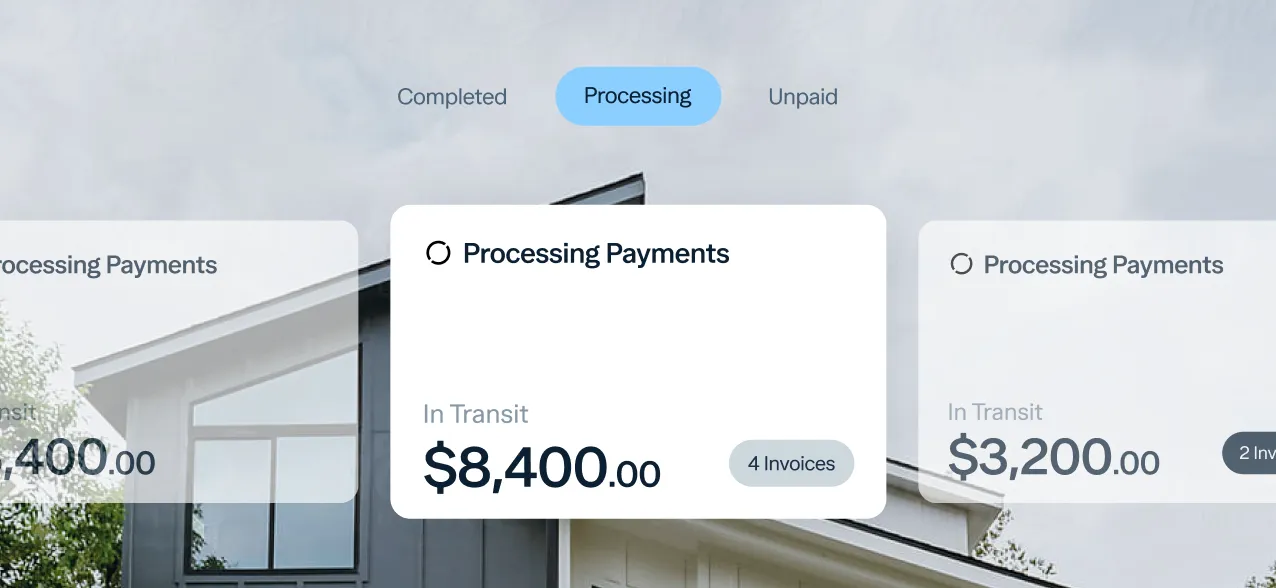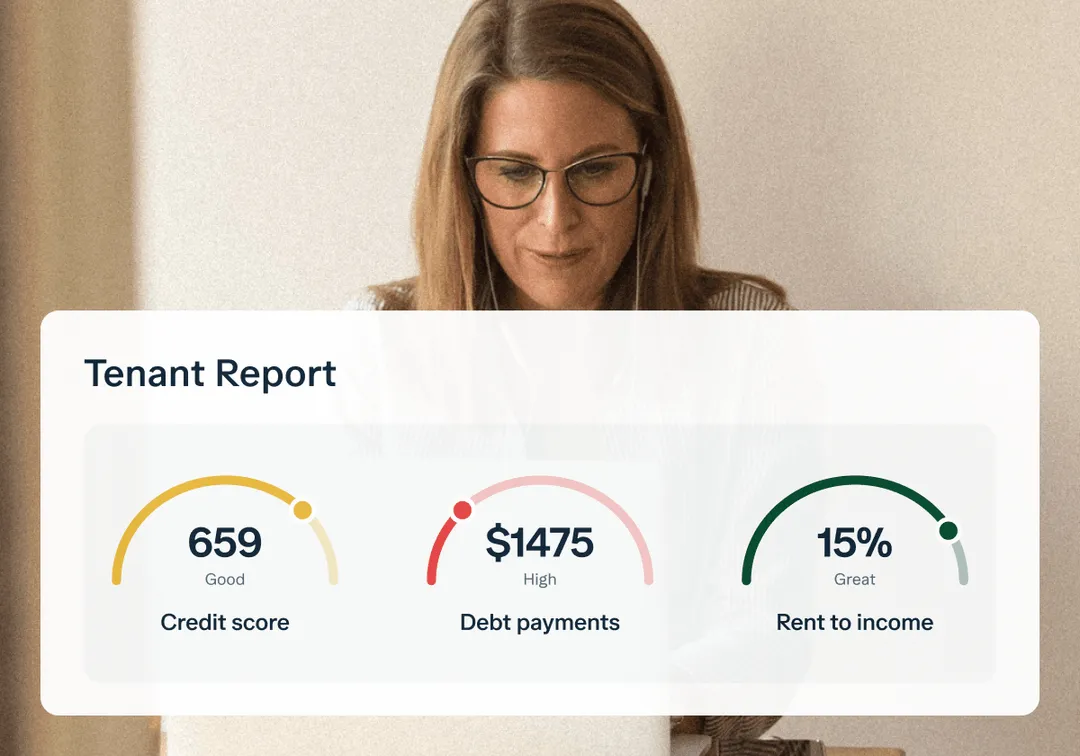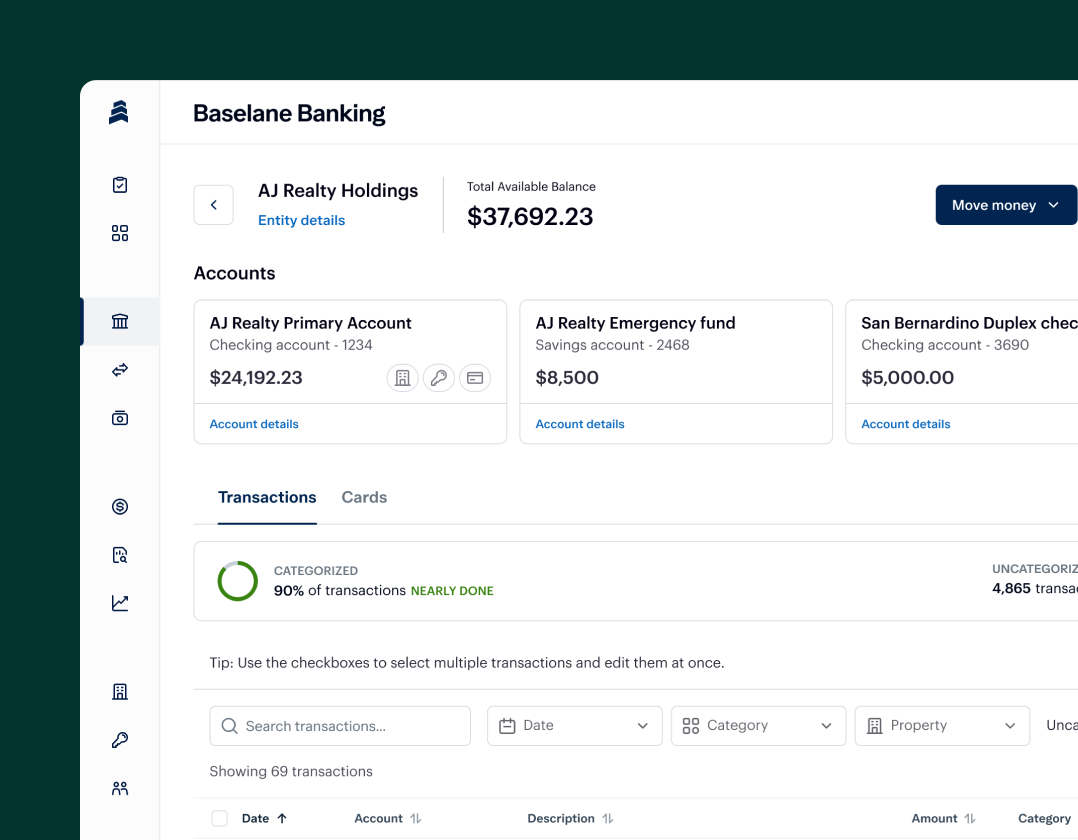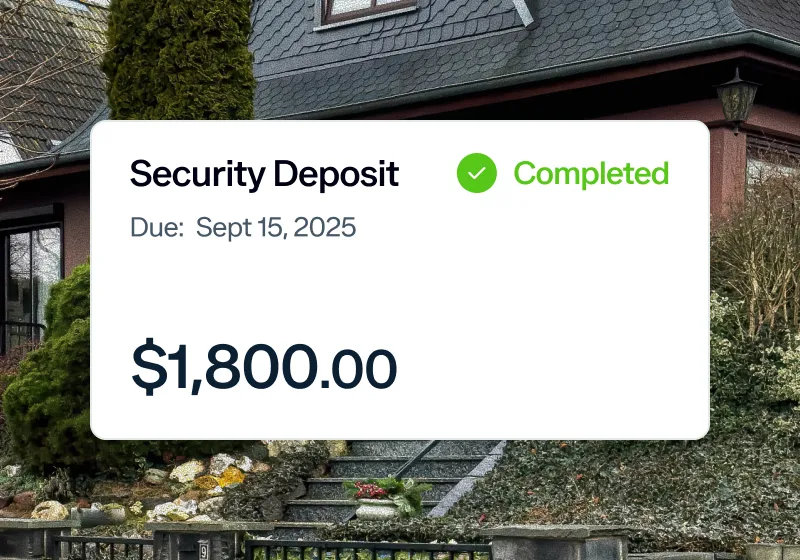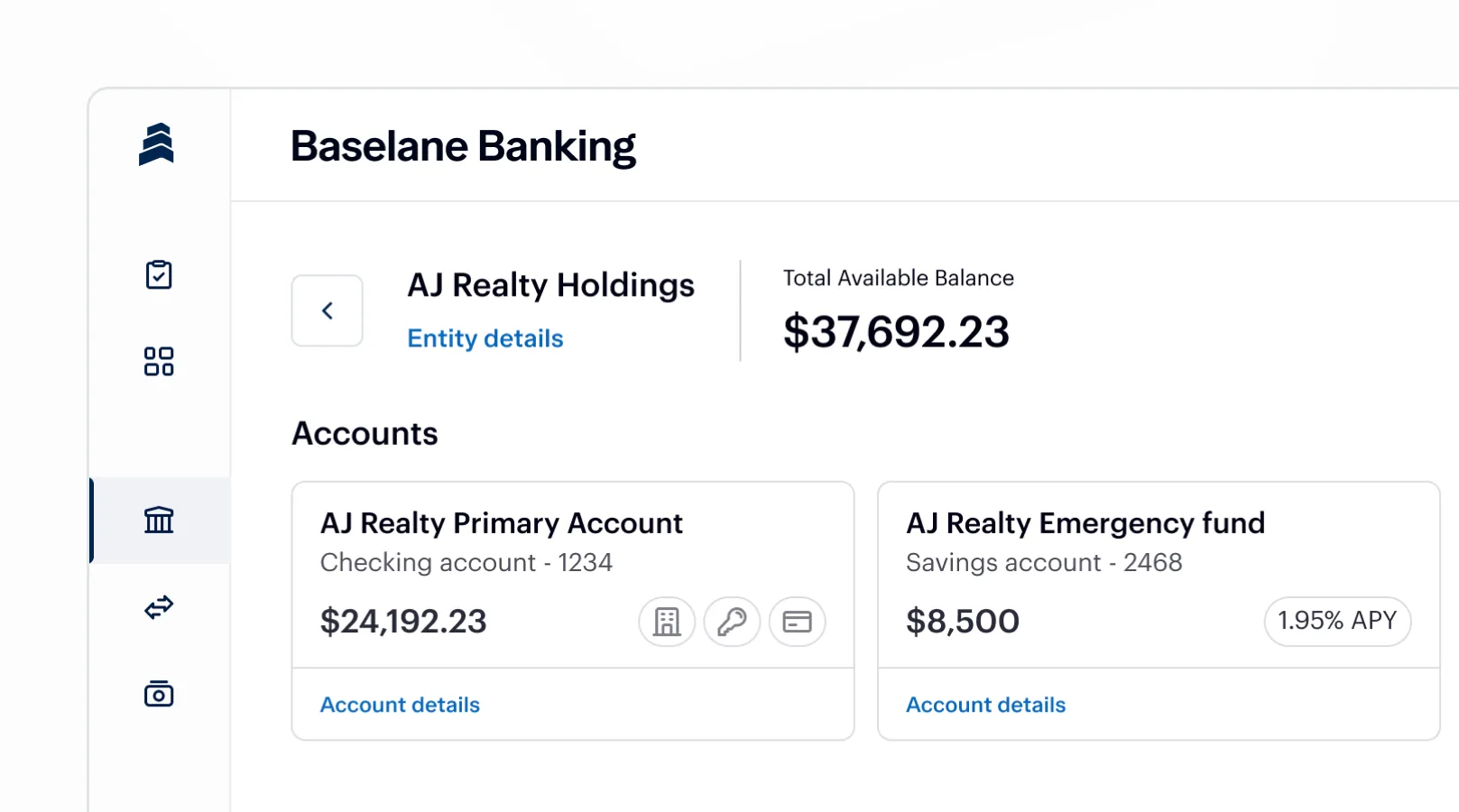In Oregon, no legal limits apply.
Security deposit rules in {{ state }}
Limit: In Oregon, there is no statutory limit on how much a landlord may charge for a tenant security deposit. Most landlords typically require an amount equal to one month’s rent, though the tenant deposit can vary based on credit history, rental background, or whether pets are allowed. The deposit amount must be clearly stated in the lease agreement, and it is strongly recommended that landlords manage funds through a dedicated security deposit bank account in Oregon to maintain compliance and transparency.
Return Deadline: The landlord must return the tenant security deposit, along with an itemized list of deductions, within 31 days after the tenancy ends and the tenant delivers possession of the property. If the landlord fails to return the tenant deposit or provide the itemized statement within this timeframe, the tenant may recover twice the amount wrongfully withheld, plus attorney’s fees.
Acceptable Deductions: The tenant security deposit may be used to cover unpaid rent, late fees, damages beyond normal wear and tear, cleaning costs necessary to restore the unit to its original condition, and other expenses resulting from a tenant’s breach of lease. Landlords must provide written documentation, such as receipts or repair estimates, supporting each deduction from the tenant deposit.
Where to Deposit: Oregon law does not require landlords to place tenant deposits in a separate or interest-bearing account. However, landlords must maintain accurate records of all deposits and provide tenants with a written receipt upon collection. Using a security deposit escrow account in Oregon or a landlord tenant security deposit bank account in Oregon is considered a best practice to prevent commingling of funds and to demonstrate professional and transparent management. While there is no required security deposit interest rate, maintaining tenant deposits in a regulated, traceable account helps ensure compliance with Oregon’s landlord-tenant laws and safeguards tenant funds.







